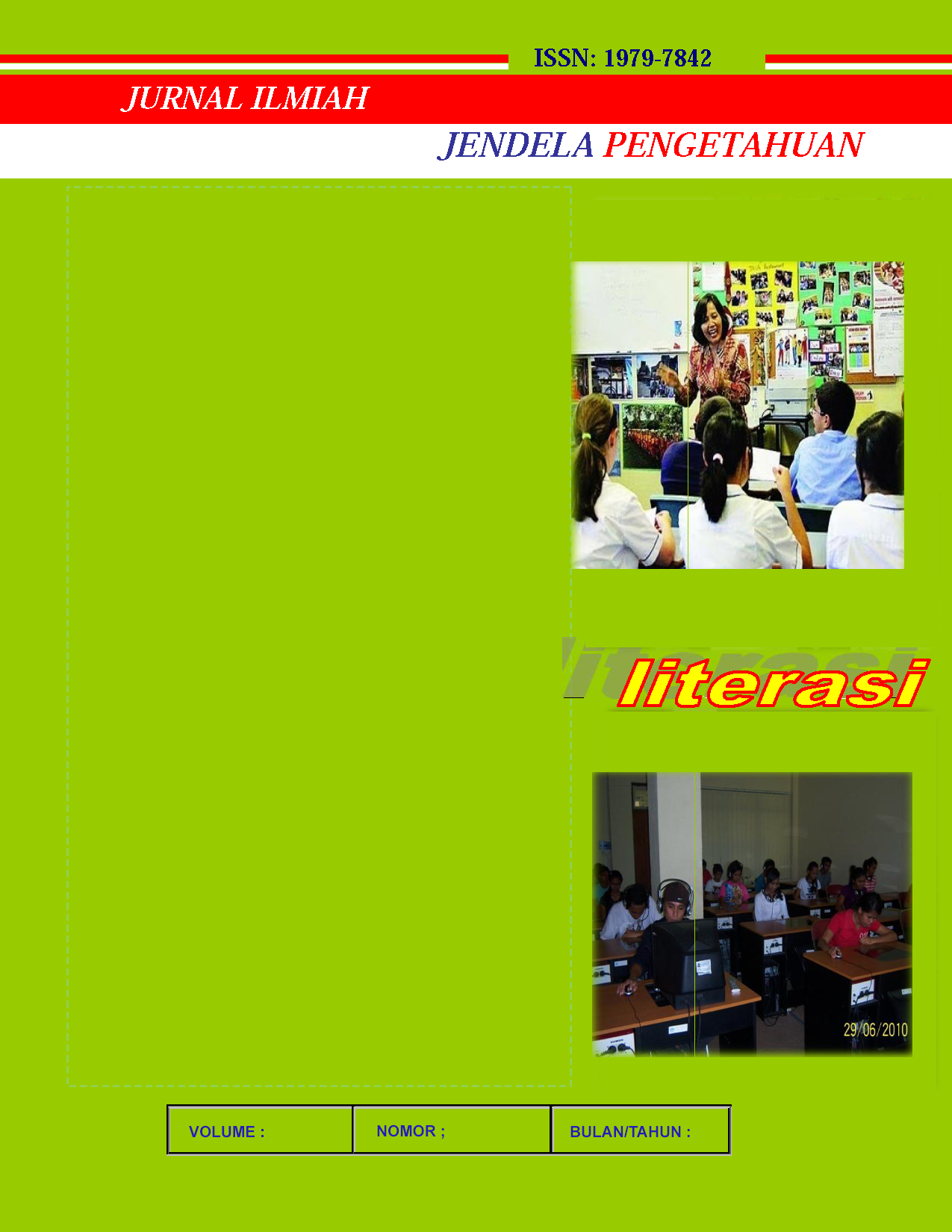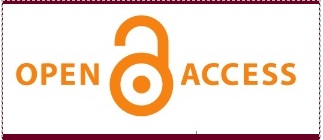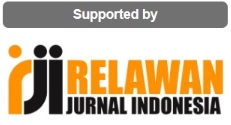Raising Ecological Awareness: A Biological Approach to Sustainable Education
Menggugah Kesadaran Ekologis: Pendekatan Biologi Untuk Pendidikan Berkelanjutan
Abstract
This study aims to analyze the role of sustainable education in enhancing ecological awareness among the younger generation through a literature review. Within a comprehensive conceptual framework, this research explores the interrelation between sustainable education and ecological awareness, as well as the factors influencing the effectiveness of sustainable education. Literature analysis results indicate that sustainable education positively impacts enhancing ecological awareness among the younger generation. Integrating environmental issues into the curriculum creates opportunities to broaden students' insights into global environmental challenges. Teachers serve as facilitators, encouraging a profound understanding of these issues, while the support and engagement of various stakeholders strengthen the positive impact of sustainable education. This study contributes to shaping ecological awareness among the younger generation
Downloads
References
Anonim. (2019). Dokumen Kurikulum Pendidikan Profesi Guru (PPG) Bidang Studi Biologi.
Arsih, F., Zubaidah, S., Suwono, H., & Gofur, A. (2021). Randai learning model to enhance pre-service biology teachers’ critical thinking skills. International Journal of Instruction, 14(2), 845–860. https://doi.org/10.29333/iji.2021.14247a
Harefa, D., & Sarumaha, M. (2020). Teori Pengenalan Ilmu Pengetahuan Alam Sejak Dini. Pm Publisher.
Holling, C. S. (2001). Understanding the Complexity of Economic, Ecological, and Social Systems. Ecosystems, 4(5), 390–405. https://doi.org/10.1007/s10021-001-0101-5
Husain, I. H. A. (2019). Ketahanan Dasar Lingkungan: Basic Environment (Vol. 1). SAH MEDIA.
Indrati, D. A., & Hariadi, P. P. (2016). ESD ( Education for Sustainable Development ) Melalui Pembelajaran Biologi. Symposium on Biology Education, 12, 371–382.
Keraf, A. S. (2010). Etika lingkungan hidup. Penerbit Buku Kompas.
Keraf, A. S. (2014). Filsafat Lingkungan Hidup: Alam Sebagai Sebuah Sistem Kehidupan Bersama Fritjof Capra. PT Kanisius.
Making, J. K., Lasaiba, M. A., & Lalihun, I. (2023). Geospasial daerah rawan longsor lahan dalam pengembangan model pendidikan kebencanaan di wilayah kota ambon (Issue January). https://www.researchgate.net/publication/367326553
Marfai, M. A. (2019). Pengantar etika lingkungan dan Kearifan lokal. UGM PRESS.
Musango, J. K., & Brent, A. C. (2011). A conceptual framework for energy technology sustainability assessment. Energy for Sustainable Development, 15(1), 84–91. https://doi.org/https://doi.org/10.1016/j.esd.2010.10.005
Passmore, C., & Stewart, J. (2002). A modeling approach to teaching evolutionary biology in high schools*. Journal of Research in Science Teaching, 39(3), 185–204. https://doi.org/https://doi.org/10.1002/tea.10020
Pretty, J., Adams, B., Berkes, F., de Athayde, S. F., Dudley, N., Hunn, E., Maffi, L., Milton, K., Rapport, D., Robbins, P., Sterling, E., Stolton, S., Tsing, A., Vintinner, E., & Pilgrim, S. (2009). The Intersections of Biological Diversity and Cultural Diversity: Towards Integration. Conservation and Society, 7(2), 100–112. http://www.jstor.org/stable/26392968
Putra, D. A. (2021). Merengkuh Bumi Merawat Semesta: Mengupayakan Hermeneutik Ekologis dalam Rangka Menanggapi Kerusakan Lingkungan Dewasa Ini. Aradha: Journal of Divinity, Peace and Conflict Studies, 1(1), 71. https://doi.org/10.21460/aradha.2021.11.537
Rinjani, S. D., Samsuri, T., & Yusuf, Y. (2022). Evaluasi Pemahaman Konsep Mahasiswa Pendidikan Biologi Pada Materi Ekologi. Reflection Journal, 2(2), 46–55. https://doi.org/10.36312/rj.v2i2.683
Roziaty, E., Kusumadani, A. I., & Aryani, I. (2017). Biologi Lingkungan. Muhammadiyah University Press.
Stephenson, P. J., Bakarr, M., Bowles-Newark, N., Kleinschroth, F., Mapendembe, A., Ntiamoa-Baidu, Y., Obura, D., Ratsifandrihamanana, N., Simaika, J., & Sitati, N. (2021). Conservation science in Africa: mainstreaming biodiversity information into policy and decision-making. Closing the Knowledge-Implementation Gap in Conservation Science: Interdisciplinary Evidence Transfer Across Sectors and Spatiotemporal Scales, 287–321.
Wackernagel, M. (1994). Ecological footprint and appropriated carrying capacity : a tool for planning toward sustainability. https://open.library.ubc.ca/collections/831/items/1.0088048
















